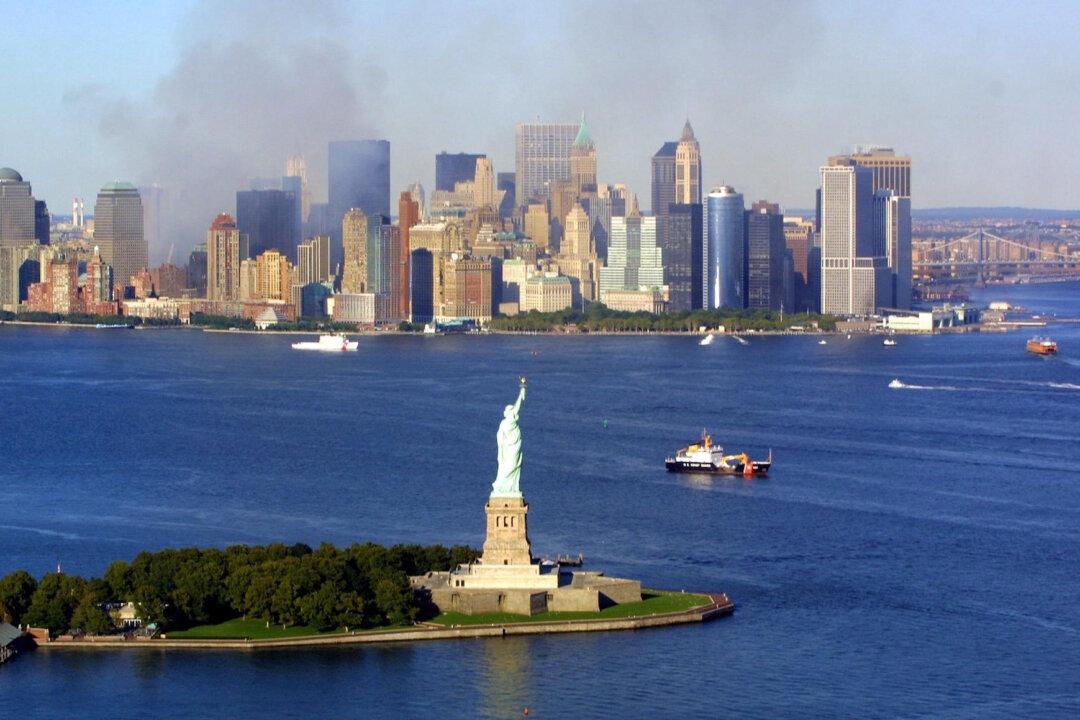Commentary
As a Generation Z journalist, I’m one of the few in the industry who can’t remember 9/11. Therefore, my perspective on the Afghanistan disaster differs from most voices in the media.

As a Generation Z journalist, I’m one of the few in the industry who can’t remember 9/11. Therefore, my perspective on the Afghanistan disaster differs from most voices in the media.